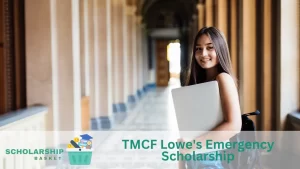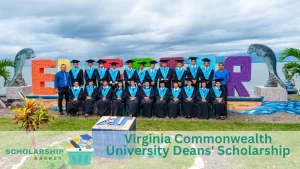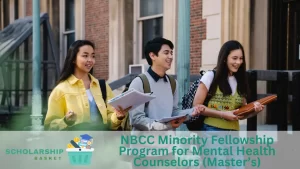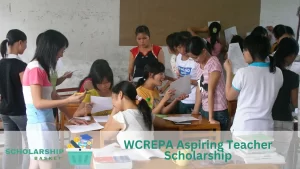The Modeling the Future Challenge is an annual competition that challenges high school students to develop mathematical models to solve real-world problems. The competition is hosted by the Actuarial Foundation, a nonprofit organization that promotes math education and financial literacy.
The solutions are judged based on several criteria, including the accuracy and effectiveness of the model, the quality of the written report, and the team’s presentation skills. The challenge is open to high school students in the United States and Canada, and no prior experience with mathematical modeling is required to participate. However, students are encouraged to have a strong background in mathematics and problem-solving skills.
The top three teams in the competition receive cash prizes, and the winning team also receives an all-expenses-paid trip to the annual conference of the Society of Actuaries to present their solution to industry professionals.
The Modeling the Future Challenge is a great opportunity for high school students who are interested in math, science, and engineering to apply their skills to real-world problems and gain valuable experience in mathematical modeling.




















